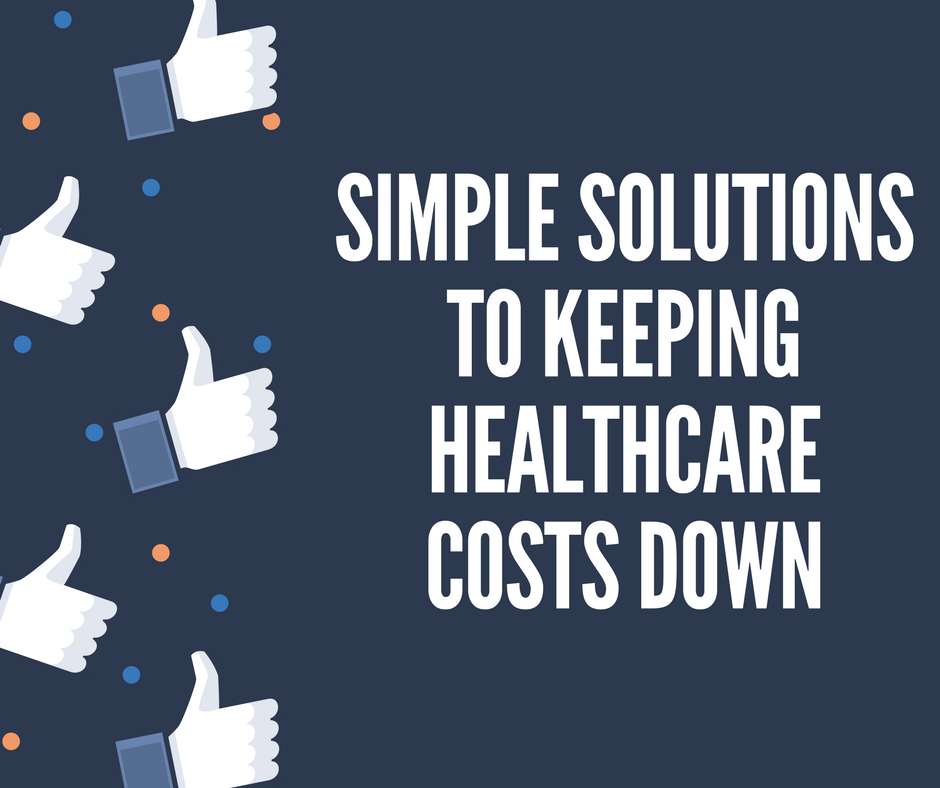Though affordable healthcare coverage is available for eligible families in the US, many would agree that medical-related expenses cost a lot of money. Copays, premiums, and prescription costs can often set household budgets back. As it’s not a clever idea to go without medical coverage and care, you’ll want to find ways to cut back on the cost of common health care expenses. Here are a few examples.

Inquire About Generic Prescription Meds
Much like anything else you purchase, name brand prescriptions cost more than generic versions. Often having the same ingredients and effects on your health, requesting generic brands can save you a considerable amount of money. So, when getting prescriptions from your doctor, ask about a more affordable option. Adderall, for example, is a drug used to treat ADHD and Narcolepsy. The cost can be high, but asking about generic Adderall costs could make a difference.
Obtain a Flexible Spending Account
Another method for covering medical-related expenses is saving for them. A flexible spending account is an account that allows you to set aside a predetermined amount of pretax dollars into savings. The funds can be used to pay for anything from braces and eyeglasses to medication and copays. These accounts are often offered by employers and can essentially save you a lot of money. The pretax deductions reduce your overall taxable income, therefore, saving you money on taxes.
Find the Right Pharmacy
Whether you know it or not, where you get your prescriptions filled can impact the cost. Although you want to opt for a pharmacy that is near you and has access to most prescriptions, you also want to work with a service provider who will provide lower costs. An ideal pharmacy will also have perks like discounts, free medical services like eye exams and flu shots, and generic prescription recommendations to help you save more money.
Find the Right Doctor
Just as the location of your pharmacy can have an impact on your healthcare costs, the same is true for your doctor. While you need to find a doctor who specializes in what you need, is located near where you are, and accepts your insurance, costs should also be a factor. Your doctor is essentially a service provider. They charge according to what they should be paid to provide you a service. Ask about rates for common services. Also, making sure that you choose an in-network doctor will ensure that your insurance does cover all or a portion of your visits, prescriptions, and treatment.
Listen to Your Doctor
Doctors and other medical experts have your best interest at heart. When they provide you with instructions for your health, it is imperative that you listen to their advice. Neglecting doctor’s orders results in the need to schedule future visits as well as the risk of making existing medical conditions worse. If you do not agree or don’t comprehend what the doctor is telling you it is best to communicate that to them. They can provide alternative options for care and/or help you to understand why their recommendation is best for your overall well-being.
Ask About Freebies
When prescribed new medications that are expensive, ask your doctor if they have samples they can give you to either eliminate the need for a prescription or at least reduce the amount you need to pay for. Pharmaceutical companies interested in pushing their product will often provide doctors with samples to give their patients. If they do not have freebies, they may have coupons to get a discount on the prescription cost.
Maintain a Healthy Lifestyle
The absolute best way to keep the costs of healthcare down is prevention. By maintaining a healthy lifestyle, you’re reducing your risks for catching illnesses or developing a disease. Healthy living practices should include eating a well-balanced diet, exercising regularly, maintaining routine appointments like dental cleanings, physicals, and eye exams, as well as quitting unhealthy vices like smoking, drinking, or using drugs. For those who have preexisting conditions, whether it be seasonal allergies or diabetes, taking extra steps to reduce further complications is recommended.
There is no doubt that healthcare costs are burdensome for most families. Even with insurance, some are left to pay out of pocket costs like copays, prescriptions, and uncovered services or medical devices. To minimize how much you’ll be expected to pay towards your medical care, you should start applying the above-mentioned advice. Reducing costs and ultimately practicing preventative measures will allow you to use your extra money in other areas of your life.





Speak Your Mind